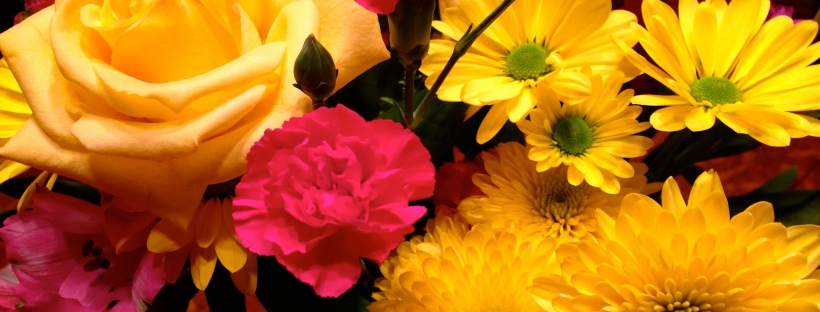With my vase full of flowers, I’m thinking of Anne of Green Gables and her opinions about the feelings of flowers.
Whether or not flowers actually have personalities and might argue with each other, I think there is a truth we can learn from these spring blossoms. A truth besides not to worry so much, that is. (Matthew 6).
Have you ever recognized that flowers are good at both doing and being? They grow, they produce roots. stems, petals and pollen and they blossom. Some do this year after year. But then they can stand in a garden or vase and just be. They can be cheery and beautiful. We love them for this being. Then it comes back to doing because they are cheer givers, sunshine sharers and beauty bearers.
For us people, it can be easy to value doing, can’t it? It’s fun to check off a list of accomplishments! Doing is important. God thinks so, too. There are plenty of verses in the Bible about doing. Like this one from Galatians 6:10,
“So then, as we have opportunity, let us do good to everyone, and especially to those who are of the household of faith.” (ESV)
But sometimes it is easy to overvalue doing, isn’t it? To value it more than being perhaps?
Just like there are verses in the Bible about doing, there are also verses about being.
“Be kind to one another, tenderhearted…” (Ephesians 4:32)
“Beloved, we are God’s children now, and what we will be has not yet appeared; but we know that when he appears we shall be like him, because we shall see him as he is.” (1 John 3:2, ESV)
When I pray for people I care about, I have prayed that we will be doing the things God wants us to be doing, but maybe I should pray more that we will be being the people He wants us to be. The cool part about this is that no matter what our physical capabilities, by God’s grace, we can be. And I would venture to say that – like with the flowers – we appreciate other people’s doings, but we love most their beings.
Still, like with the flowers, doing and being are intertwined as much as mandevilla on a trellis. For example, being kind and tenderhearted leads us to “forgiving one another,” (Ephesians 4:32, ESV). One leads to the other and back again. Interesting, eh?
Well, while you’re doing something out of being a kind friend like arranging a vase of blossoms to brighten someone’s day, you may want to put some thought as to whether such-and-such bloom really would appreciate being with such-and-such…just in honor of Anne.
